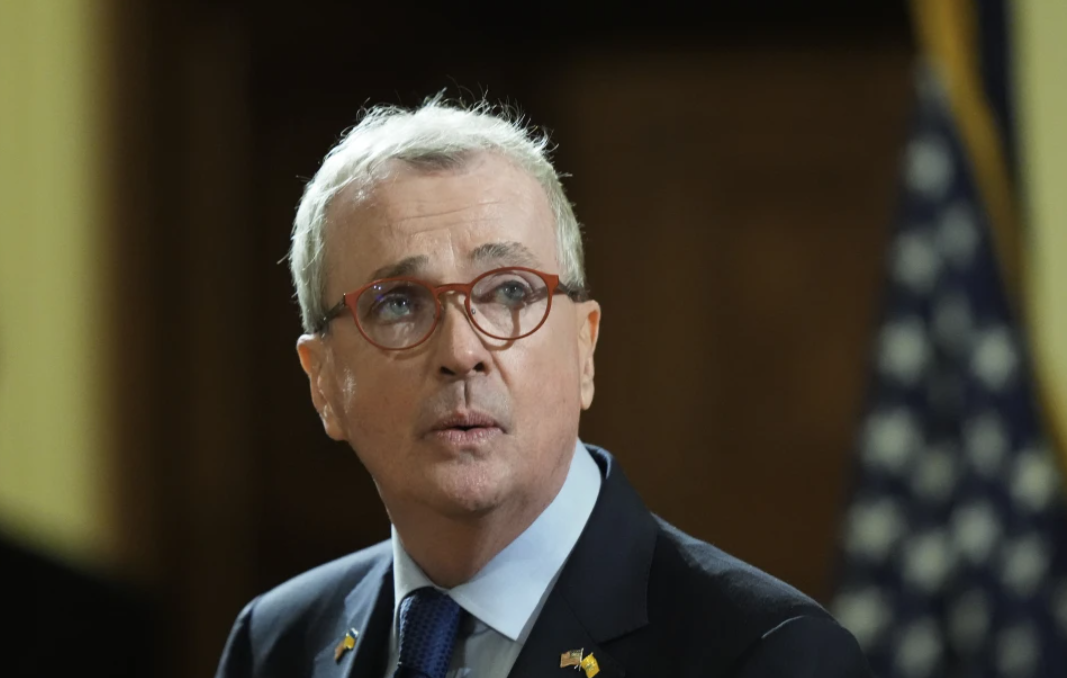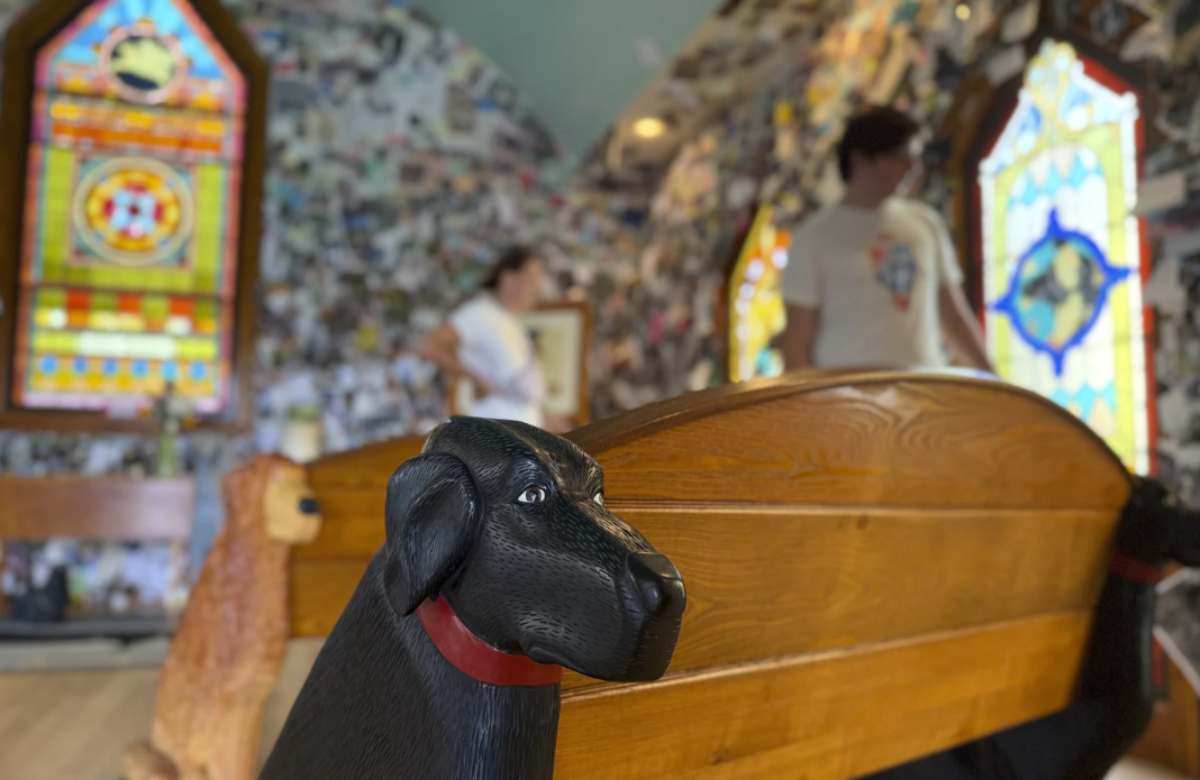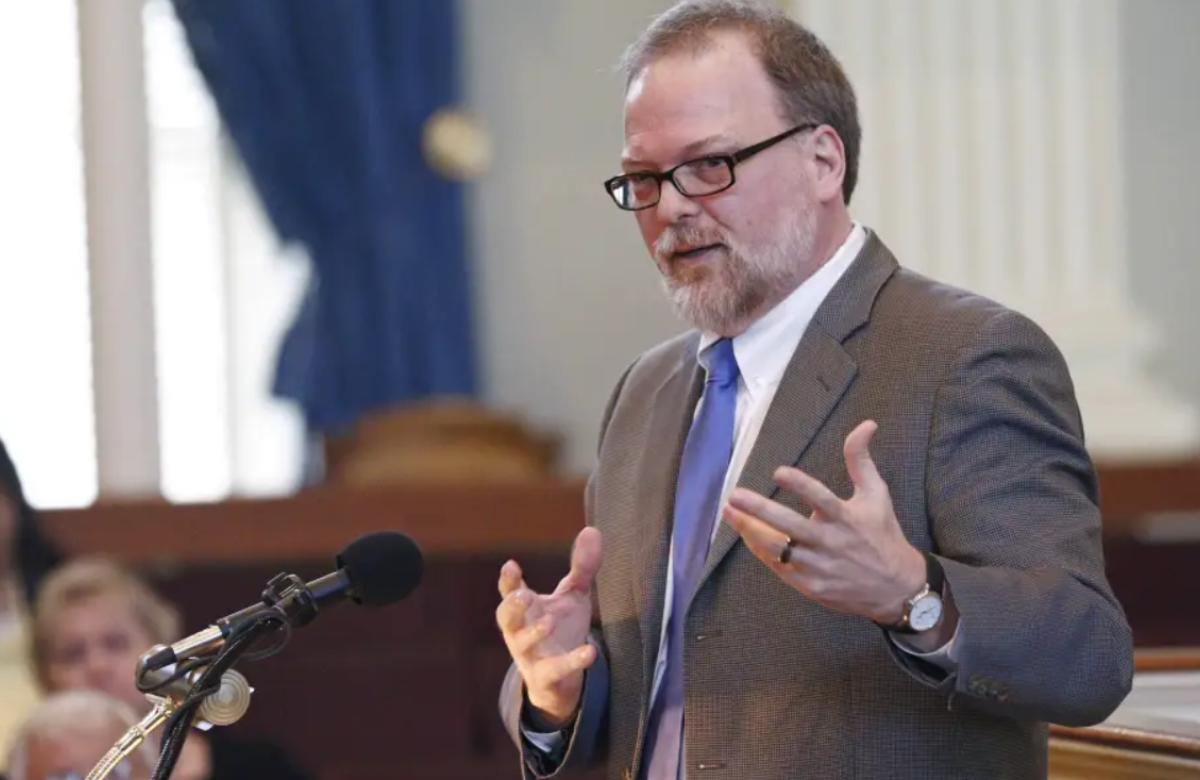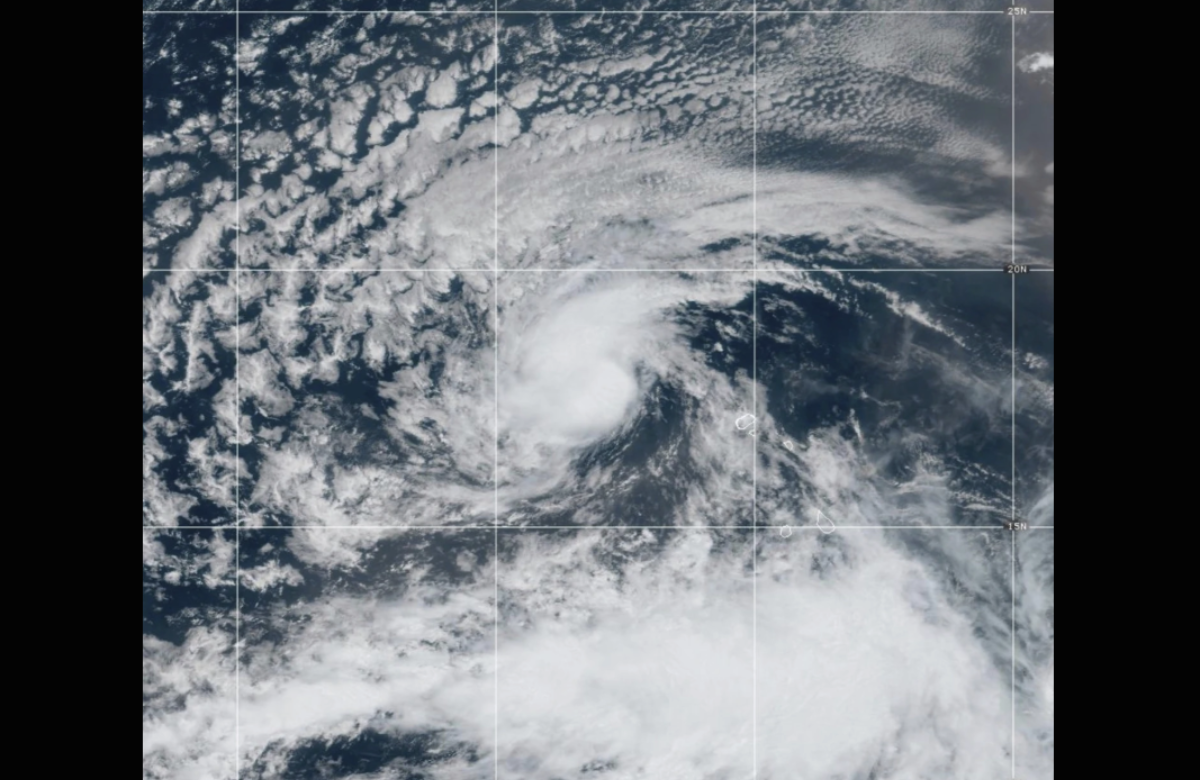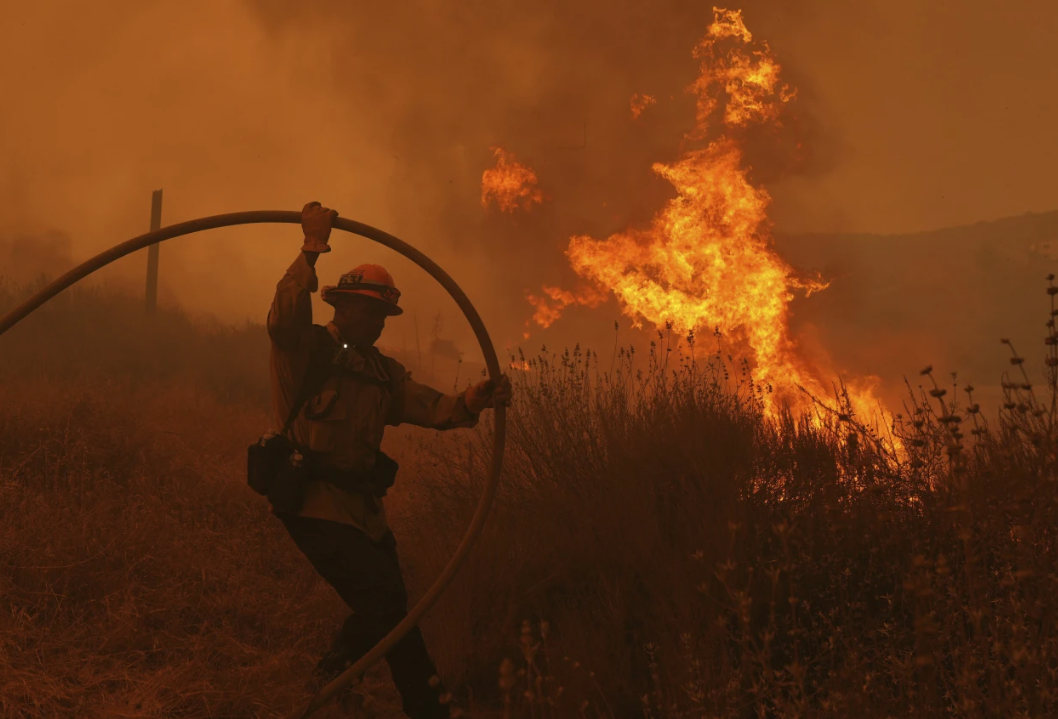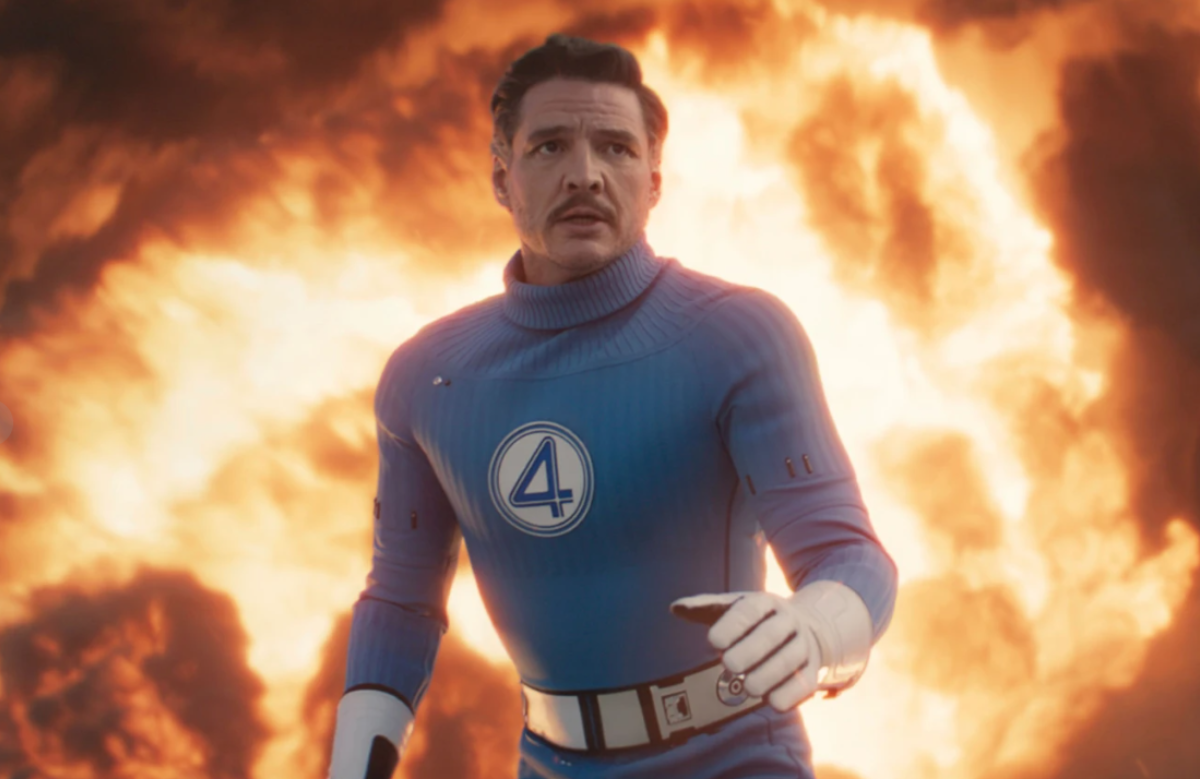New Jersey has officially made the creation and distribution of deceptive deepfake media a criminal offense, with penalties including up to five years in prison and the possibility of lawsuits. The legislation was signed into law by Democratic Governor Phil Murphy on Wednesday, targeting media that misleads viewers by using artificial intelligence to create realistic but fake videos or audio.
This new law places New Jersey among over 20 states that have passed similar measures, particularly focusing on deepfake media related to elections. Additionally, more than a dozen states have enacted laws addressing digitally altered or created child sexual abuse imagery, reflecting growing concerns over the misuse of generative AI.
The law was influenced by the case of Francesca Mani, a Westfield High School student who became a victim of a deepfake video two years ago. Mani, who stood beside Governor Murphy during the bill’s signing, revealed that the perpetrator faced only a brief suspension due to the lack of legal protections against such media. She has since become an outspoken advocate against deepfake abuse and was recognized by Time as an anti-deepfake activist.
The legislation defines a deepfake as any video, audio recording, or image that realistically depicts someone doing something they did not actually do, as perceived by a reasonable person. Beyond criminal charges, the law also allows victims to seek civil penalties through lawsuits.
